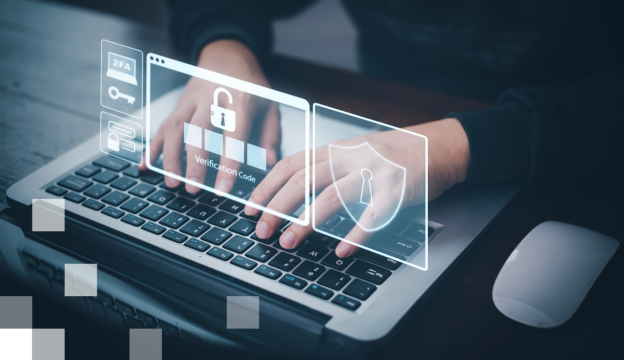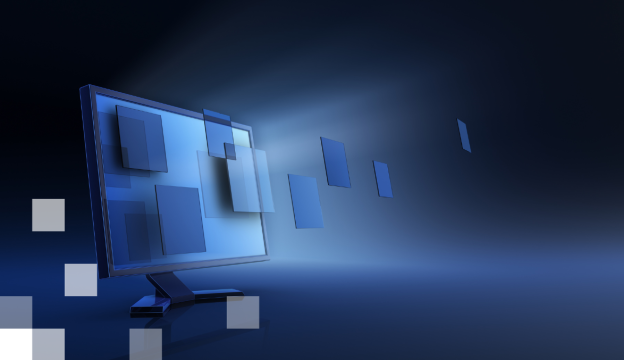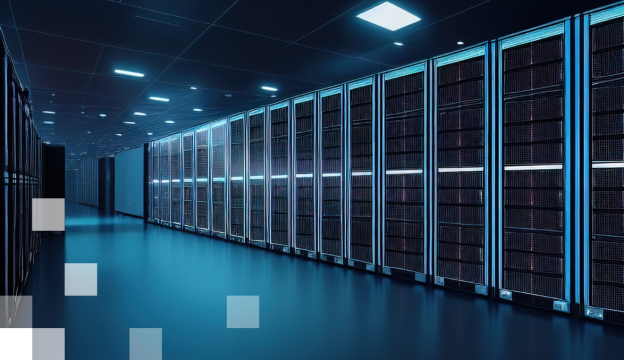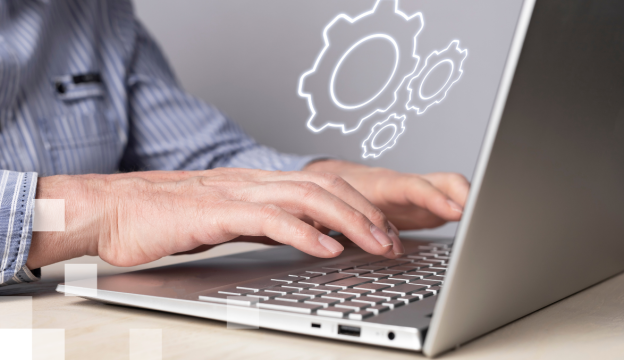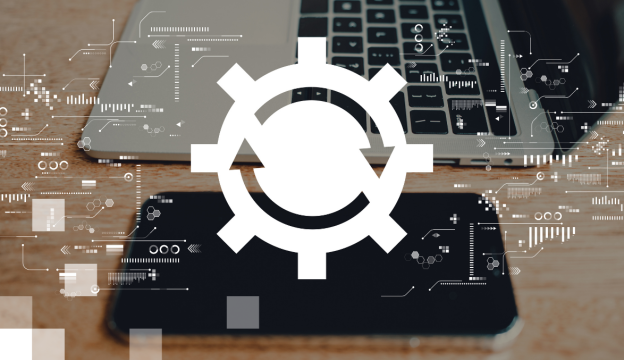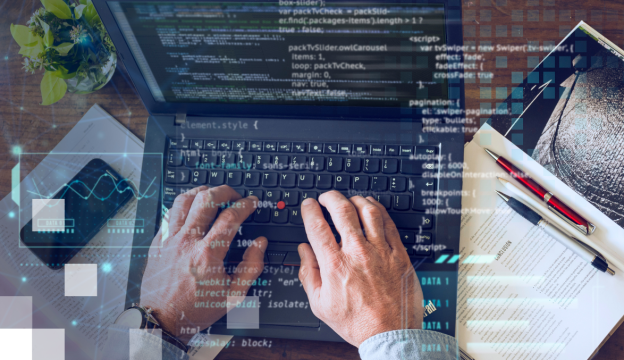Microsoft Azure IoT Developer
During the training, you will gain the necessary knowledge and skills to successfully build and maintain an Azure IoT solution in the cloud by covering the core components of the Azure IoT infrastructure: IoT Hub, Device Provisioning Services, Azure Stream Analytics, Time Series Insights, and more. Topics also covered include IoT Edge, device management, monitoring, troubleshooting, security considerations, Azure Digital Twins, and Azure IoT Central.
Course target
Develop knowledge and skills in developing and maintaining the cloud and edge portions of an Azure IoT solution. The training includes a complete overview of Azure IoT services such as IoT Hub, Device Provisioning Services, Azure Stream Analytics, Time Series Insights, and more.
Audience
Azure IoT Developers are responsible for the implementation and coding required to build and maintain the cloud and edge portions of an IoT solution. In addition to configuring and maintaining devices using Azure IoT services and other Microsoft tools, an IoT Developer also sets up physical devices and is responsible for maintaining devices throughout their lifecycle.
An IoT Developer collaborates with data engineers and other stakeholders to ensure successful business integration. IoT Developers must have basic programming skills in at least one Azure-supported language, including C#, Node.js, C, Python, or Java.
At Course Completion you will be able to:
- Create, configure, and manage an Azure IoT hub.
- Provision devices by using IoT Hub and DPS, including provisioning at scale.
- Establish secure 2-way communication between devices and IoT Hub.
- Implement message processing by using IoT Hub routing and Azure Stream Analytics.
- Configure the connection to Time Series Insights and support business integration requirements.
- Implement IoT Edge scenarios using marketplace modules and various edge gateway patterns.
- Implement IoT Edge scenarios that require developing and deploying custom modules and containers.
- Implement device management using device twins and direct methods.
- Implement solution monitoring, logging, and diagnostics testing.
- Recognize and address security concerns and implement Azure Security Center for IoT.
- Build an Azure Digital Twins solution that integrates upstream and downstream services.
- Build an IoT Solution by using Azure IoT Central and recognize SaaS opportunities for IoT.
Prerequisites
- Cloud Solution Awareness: Students should have experience using the Azure Portal and a basic understanding of PaaS, SaaS, and IaaS implementations.
- Software Development Experience: Software development experience is a prerequisite for this course, but no specific software language is required, and the experience does not need to be at a professional level.
- Data Processing Experience: General understanding of data storage and data processing is a recommended but not required.
If you are new to Azure and cloud computing consider one of the following resources:
- Free online: Azure Fundamentals (https://docs.microsoft.com/en-us/learn/paths/azure-fundamentals/).
- Instructor-led course: AZ-900: Azure Fundamentals (https://docs.microsoft.com/en-us/learn/certifications/courses/az-900t01).
Training materials
Training materials available on Microsoft Learn environment.
Certification Exam
AZ-220 certification exam (the exam fee is already included in the course price).
Course outline
1. Introduction to IoT and Azure IoT Services:
Lessons
- Introduction to IoT Solution Architecture
- IoT Hardware and Cloud Services
- Lab Scenarios for this Course.
Lab: Getting Started with Azure.
Lab: Setting Started with Azure IoT Services.
2. Devices and Device Communication:
Lessons
- IoT Hub Concepts
- IoT Device Lifecycle Concepts
- IoT Developer Tools
- Device Configuration and Communication.
Lab: Connect IoT Device to Azure.
Lab: Setup the Development Environment.
3. Device Provisioning at Scale:
Lessons
- Device Provisioning Service Terms and Concepts
- Configure and Manage the Device Provisioning Service
- Device Provisioning Tasks.
Lab: Individual Enrollment of Devices in DPS.
Lab: Automatic Enrollment of Devices in DPS.
4. Message Processing and Analytics:
Lessons
- Messages and Message Processing
- Additional Considerations for IoT Hub Messaging
- Data Storage and the Lambda Architecture
- Azure Functions and Stream Analytics.
Lab: Device Message Routing.
5. Insights and Business Integration:
Lessons
- Business Integration for IoT Solutions
- Data Visualization with Time Series Insights
- Data Visualization with Power BI.
Lab: Integrate IoT Hub with Event Grid.
Lab: Explore and Analyze Time Stamped Data with Time Series Insights.
6. Azure IoT Edge Deployment Process:
Lessons
- Introduction to Azure IoT Edge
- Edge Deployment Process
- Edge Gateway Devices.
Lab: Implement an IoT Edge gateway.
Lab: Introduction to IoT Edge Deployments.
7. Azure IoT Edge Modules and Containers:
Lessons
- Develop Custom Edge Modules
- Offline and Local Storage.
Lab: Create and Deploy a Custom Edge Module.
Lab: Implement Restricted Network and Offline Scenarios for IoT Edge.
8. Device Management:
Lessons
- Introduction to IoT Device Management
- Manage IoT and IoT Edge Devices
- Device Management at Scale.
Lab: Implement Automatic Device Management.
Lab: Manage Devices using Device Twins and Direct Methods.
9. Solution Testing, Diagnostics, and Logging:
Lessons
- Monitoring and Logging
- Troubleshooting.
Lab: Configure IoT Hub Monitoring.
10. Azure Security Center and IoT Security Considerations:
Lessons
- Security Fundamentals for IoT Solutions
- Introduction to Azure Defender for IoT
- Enhance Protection with Azure Defender for IoT Agents.
Lab: Implementing Azure Defender for IoT.
11. Develop with Azure Digital Twins:
Lessons
- Introduction to Azure Digital Twins
- Introduction to ADT solution development
- Monitor and troubleshoot ADT.
Lab: Develop Azure Digital Twins solutions.
12. Build an IoT Solution with IoT Central:
Lessons
- Introduction to IoT Central
- Create and Manage Device Templates
- Manage Devices in Azure IoT Central
- Business Integration and Data Analysis.
If you want to get more information about this course, contact us by phone +371 67505091 or send us an e-mail at mrn@bda.lv.



